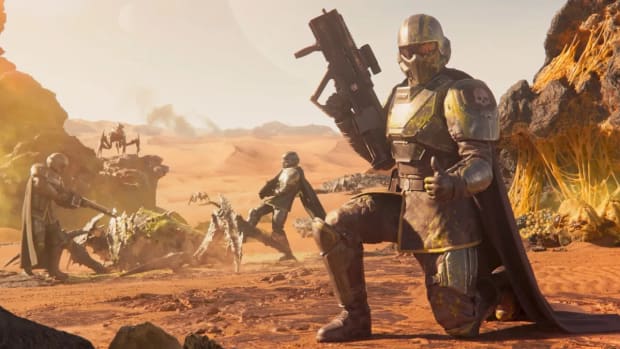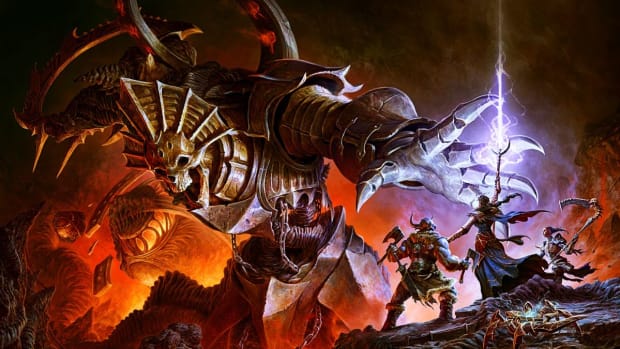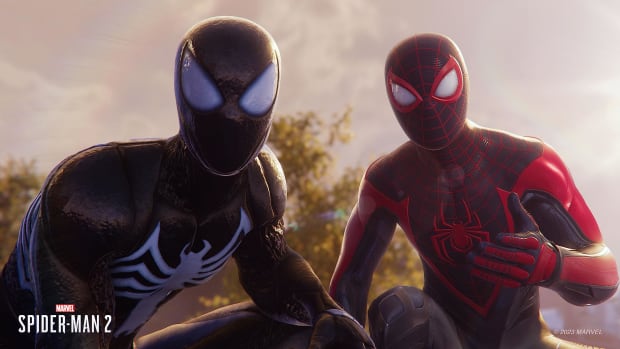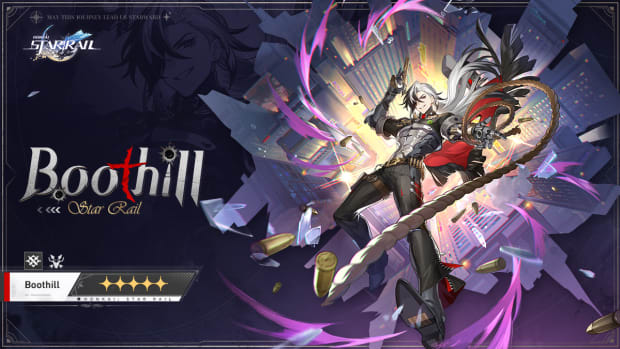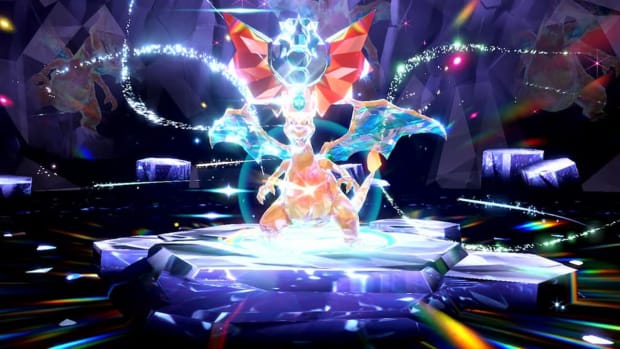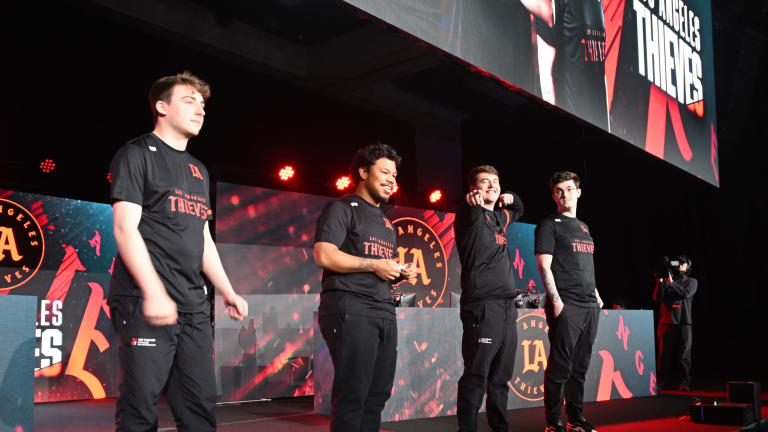
The Game Awards and Esports Awards Prove It: We've Arrived
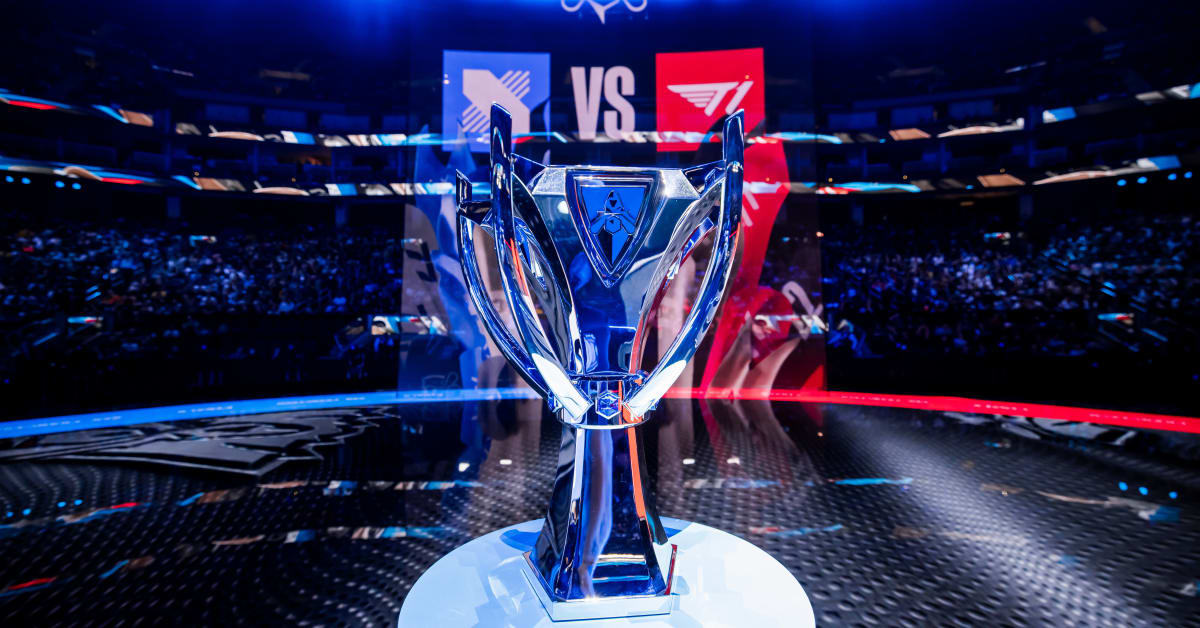
Six years ago, gaming awards shows were still a laughable concept. The Esports Awards were in their infancy, and The Game Awards were in an awkward growth phase. A common saying among millennials is 'Fake it till you make it.' Well, after this year, we can safely say that gaming awards shows don't have to fake it anymore. They've arrived, and they've both taken dramatically different paths to get here.
The Game Awards
Geoff Keighley has supplanted E3 and he knows it. With The Game Awards, he has created a one-day version of E3 right around the holiday season. And just to rub salt in the wound, he's created Summer Games Fest to dominate headlines from June to August as well. Years ago, there were questions about whether anyone would care very much about video game awards. Maybe they would be enough to celebrate online when their favorite title won Game of the Year, but would they actually tune in to watch in the same way people do the Oscars? It seemed unlikely.
Keighley's strategy of creating a wintertime equivalent to E3 was right on the money. Providing developers with a platform to announce their new games served two purposes at once. First, they give their awards an air of legitimacy by intrinsically linking the developers to the awards. Secondly, they assure the eyes of fans on their ceremony, even if many only come to see the new releases.
This year's incarnation delivered exactly what we've come to expect over the years. Major releases were premiered for the first time, celebrities from outside the gaming sphere showed up to attend and participate (Al Pacino looked like he couldn't believe what was going on), and the show was able to become self-referential as it creates its own lore on events of years past. Oh, also, they gave away some awards.
And yet, despite all of their growth, The Game Awards still felt like a fundamental gaming event. With no dress code enforced, people were there in everything from tuxedos to sweatpants. Many attendees treated it like a convention, with cosplay abound and booths to check out. They were a merch stand short of it being a mini-E3.
The Esports Awards
On the far other end of the spectrum is The Esports Awards. Where The Game Awards seem to be doing their best to keep a distinct community gaming vibe, their esports contemporary is going all in on trying to emulate red-carpet affairs usually reserved for the Academy Awards or the Emmys. This isn't a bad thing, by the way, because they've been successful in doing so.
The Esports Awards feels like a big deal, and the talent that attends it treats it like it is. The very nature of awards shows is that they're only as important as people decide they are, and in that, The Esports Awards has made itself one of the most important nights of the year. There is a strong satisfaction in seeing people walking a red carpet to see who is crowned best content creator in exactly the same way as people would have once vied for best actor.
Both of these shows have taken vastly different routes to becoming an accepted part of the community, and it's hard to argue with the success that either of them has found. The Game Awards had the best viewership they've ever seen, with over 100 million people tuning in. The Esports Awards meanwhile rocked Las Vegas for an entire weekend, and people on the streets were talking about it. Any way you look at it, gaming awards are here to stay.
